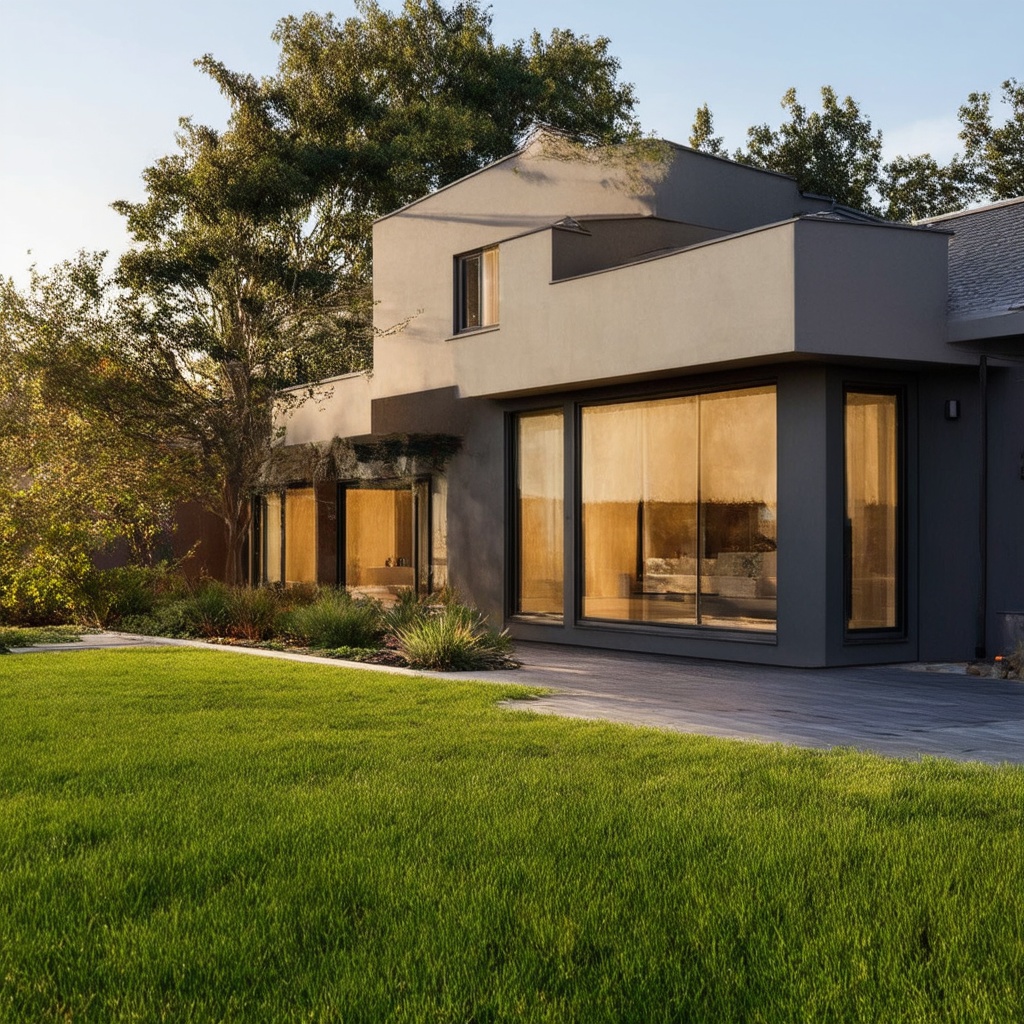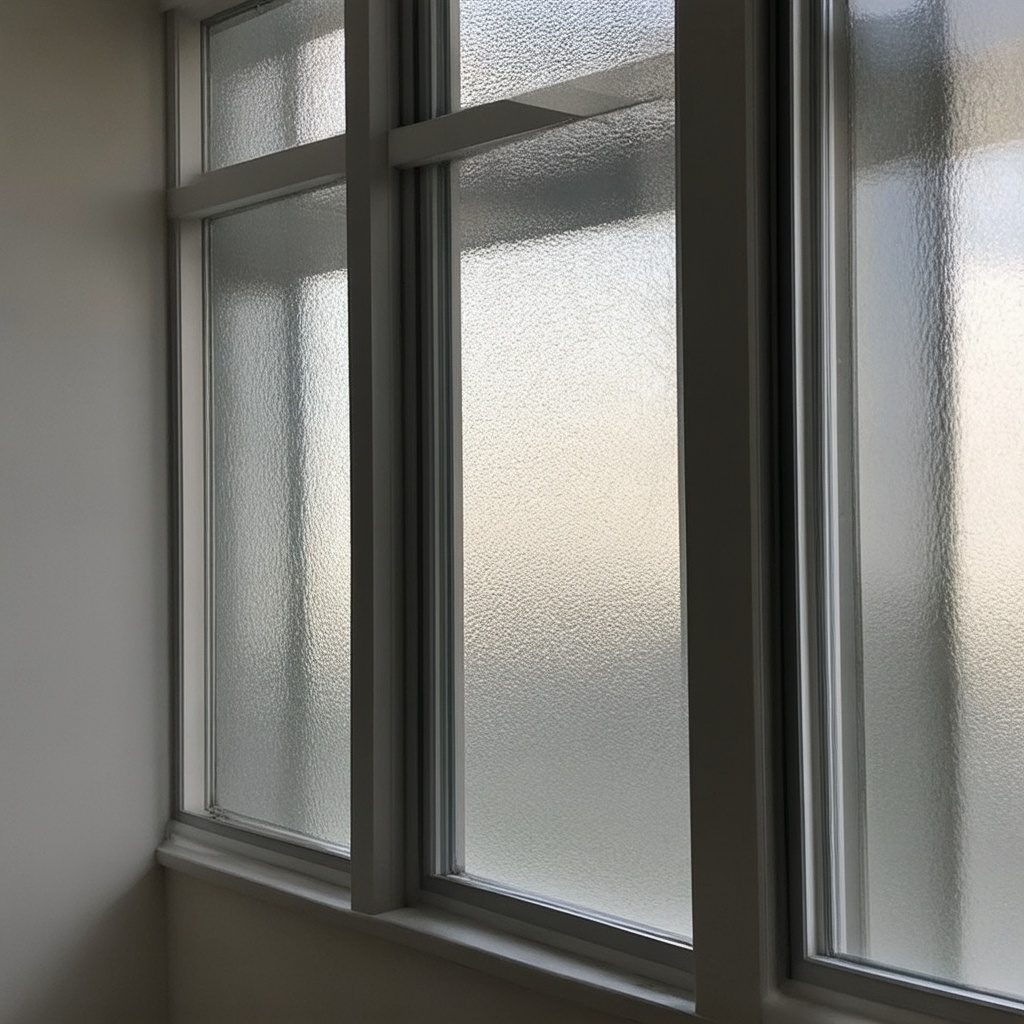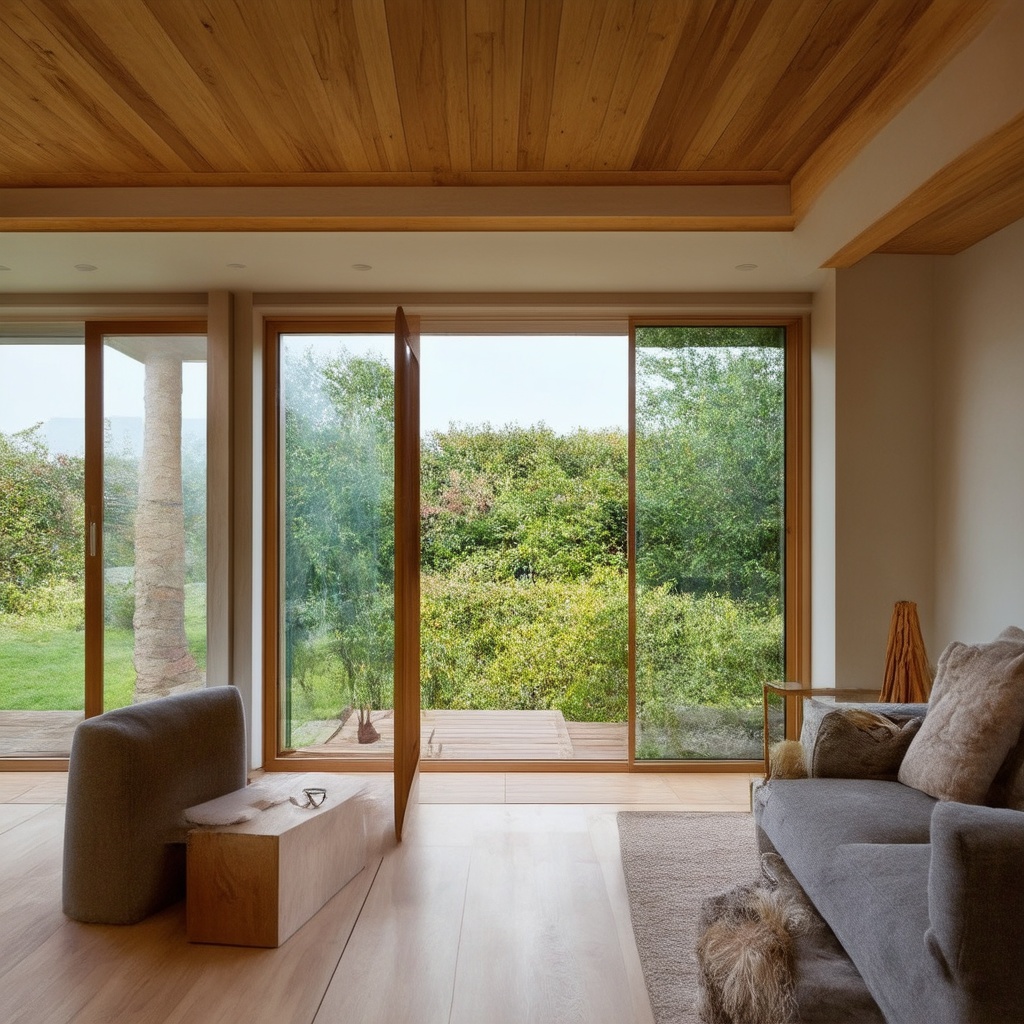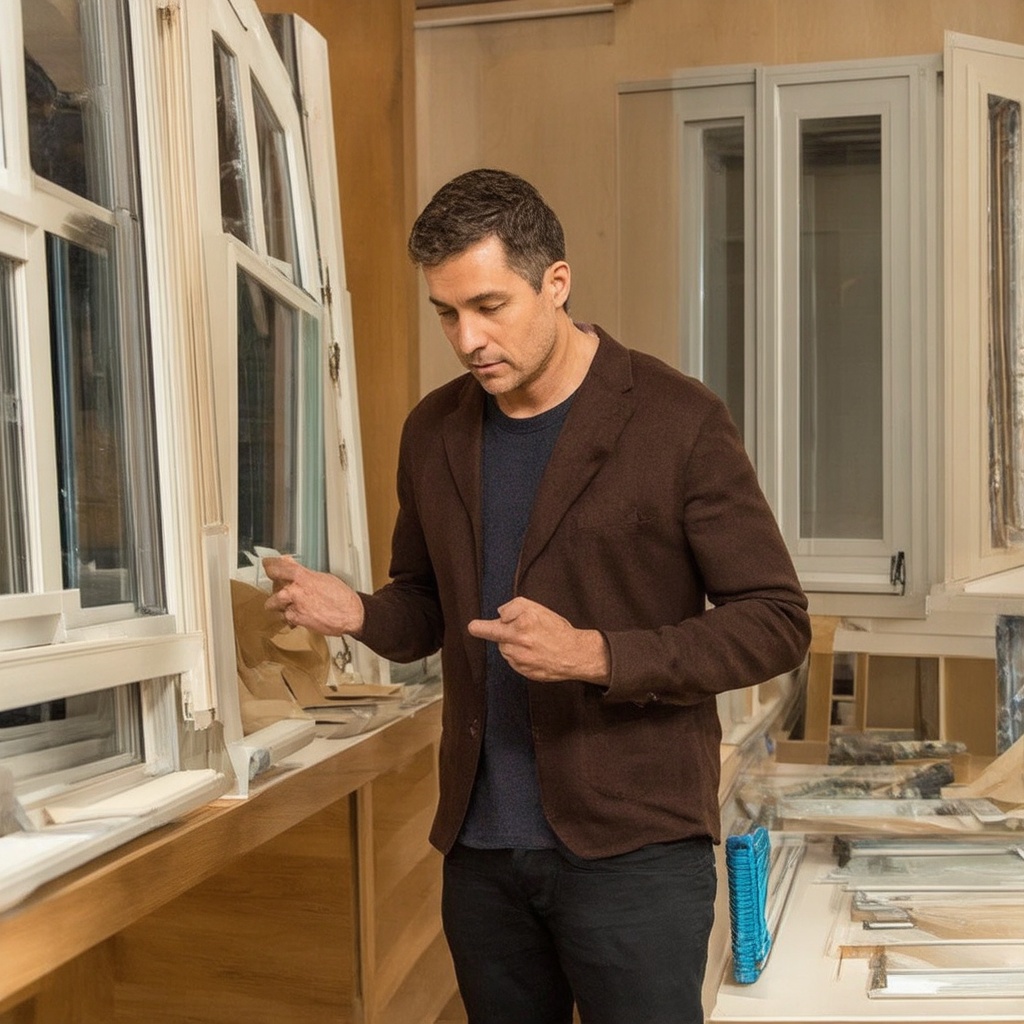Advanced Window Replacement: Techniques for Optimal Home Thermal Efficiency
- Curb Appeal & Home Improvement, Energy Efficiency & Savings
When it comes to boosting your home’s thermal efficiency, few upgrades are as impactful as advanced window replacement. While many homeowners focus on insulation and roofing, the role of high-performance windows is often underestimated. By replacing old, inefficient windows, you can significantly improve energy efficiency, reduce utility bills, and enhance your home’s aesthetic appeal. In this article, we’ll delve into cutting-edge techniques for window replacement, highlighting the benefits of modern windows and how they can transform your living space.
The Science of Thermal Efficiency

Understanding the science behind thermal efficiency is key to appreciating the importance of window replacement. Windows account for up to 30% of a home’s heating and cooling energy loss, according to the U.S. Department of Energy. By upgrading to windows with advanced glazing technology, low-emissivity (Low-E) coatings, and gas-filled cavities, homeowners can dramatically improve their home’s thermal efficiency.
Low-E coatings are microscopically thin layers of metallic oxide layered on the glass surface. These coatings reflect infrared light, keeping heat inside during the winter and outside in the summer, effectively reducing thermal transfer through the window.

Benefits of Modern Window Replacement
There are several compelling reasons to consider replacing your windows with modern alternatives:

- Energy Savings: Modern windows with advanced glazing can reduce energy bills by 10-25%.
- Enhanced Comfort: Improved insulation reduces drafts and keeps indoor temperatures consistent.
- Noise Reduction: Double or triple-pane windows minimize outside noise, creating a quieter home environment.
- UV Protection: New windows block harmful UV rays, protecting furniture and flooring from fading.
- Increased Property Value: Upgraded windows can boost your home’s market value and curb appeal.
Choosing the Right Window for Your Home
Selecting the right windows requires careful consideration of several factors:

- Window Material: Options include vinyl, wood, aluminum, and fiberglass. Each material offers distinct advantages in terms of durability, maintenance, and thermal performance.
- Glazing Options: Consider double or triple glazing for enhanced insulation and soundproofing.
- Frame Construction: Look for multi-chambered frames and thermal breaks to further reduce heat transfer.
- Installation Expertise: Proper installation is crucial; even the best windows will underperform if not installed correctly.
Case Study: A Window Renovation Success Story
Consider the example of the Smith family, who recently upgraded their 1970s home with high-performance windows. By choosing triple-pane windows with argon gas fills and Low-E coatings, they reduced their annual energy bill by 20%. Not only did they enjoy immediate savings, but they also experienced a noticeable improvement in home comfort and noise reduction.

The Smiths’ experience underscores the transformative impact of strategic window replacement, both in terms of financial benefits and quality of life enhancements.
Next Steps: Making the Transition
If you’re considering a window upgrade, here are some actionable steps to guide your decision-making process:
- Conduct an Energy Audit: Determine your current energy efficiency to identify areas for improvement.
- Research Window Options: Explore different materials, glazing, and frame options to suit your needs.
- Consult with Experts: Engage a professional window contractor to assess your home and provide tailored recommendations.
- Plan Your Budget: Evaluate the cost versus long-term savings to make an informed investment.
By taking these steps, you can ensure a successful transition to energy-efficient windows that stand the test of time.
Frequently Asked Questions
Replacing old windows improves energy efficiency, reduces utility bills, enhances comfort, and increases property value.
Low-E coatings are thin metallic layers that reflect infrared light, reducing heat transfer through windows.
Upgrading to energy-efficient windows can reduce energy bills by 10-25% depending on the home’s location and window specifications.
Consider window material, glazing options, frame construction, and installation expertise for optimal performance.
Yes, windows with double or triple glazing offer better soundproofing than single-pane versions.
